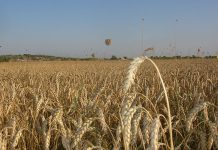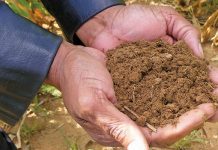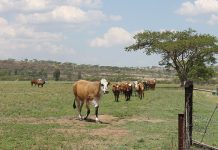Substitute conservationists with doctors, writers, teachers, or any other profession, and these words remain true. We all rely on farming to provide for one of our most basic needs, but nowadays many people are unaware of the origins of their food.
That many foods are processed beyond recognition of their ingredients makes the farm-to-fork connection hard to spot. In South Africa, the word ‘farmer’ has come to mean many different things, with “provider of food” often coming last. Yet farming’s value to society is so much more.
A report commissioned by the Oxford Farming Conference examined the ways in which farming contributes to society. According to the report, farming supports other industries, such as tourism and hunting, which play important roles in rural economies. When done sustainably, farming has a positive impact on the natural environment.
Farmland contributes social and cultural value expressed through landscape, nature and place. The report referred to the healing benefits of nature, which, it states, are increasingly recognised. Farming has an important place in people’s imagination; many people have an interest in connecting with farming and find a farm visit therapeutic.
Farmland also makes a vital contribution to national, regional and local identities: “Farming people add another important, though less-recognised, dimension to farming’s value.”
Such people have created distinctive landscapes, places and communities over many decades, and, despite declining numbers, remain a significant influence on rural life in many areas. Farming is valuable because “it satisfies, or could satisfy, values related to subsistence, security, relationships among people and with nature, tradition and identity” the report states.
However, it concludes that for these values to manifest, there needs to be “strong connections between farming and wider society, and stewardship of the natural and cultural environment”.
The writers argue that it is the role of the farming sector to urge society to move beyond thinking only in terms of necessary output from the sector, to also understanding farming and society as a “relationship of mutual consideration and responsibility, with emphasis on stewardship and service”.
Farming touches people’s lives in perhaps more ways than any other industry. With so much rhetoric in SA politics directed at undermining the farming sector, it is up to farmers to be the voice of reason, to remind themselves, and society about the indispensable services that farming provides.












